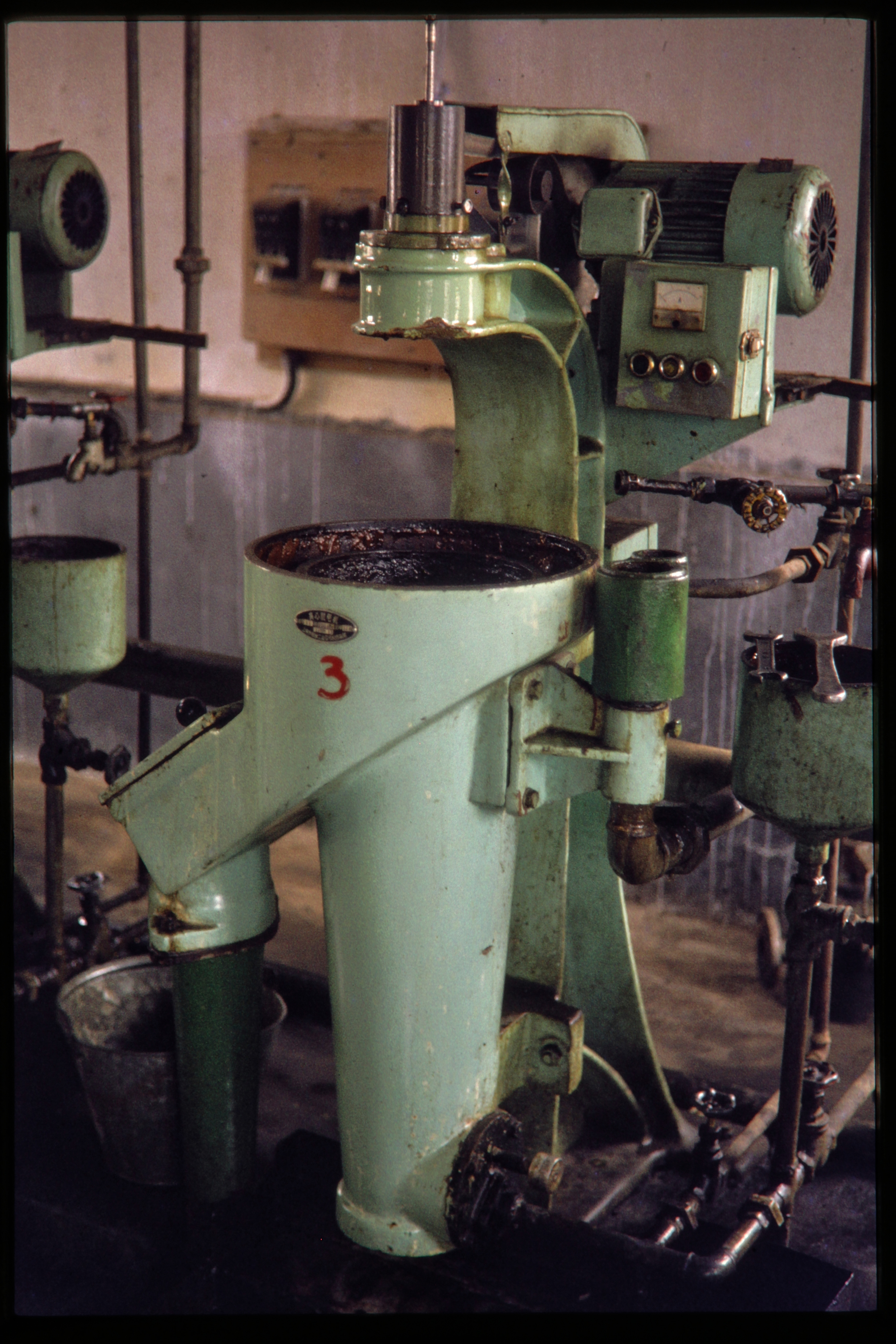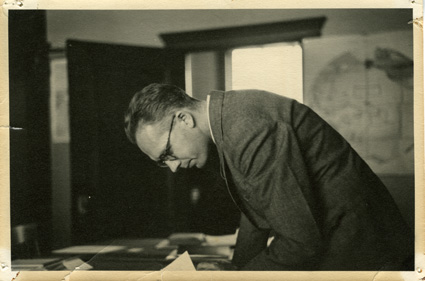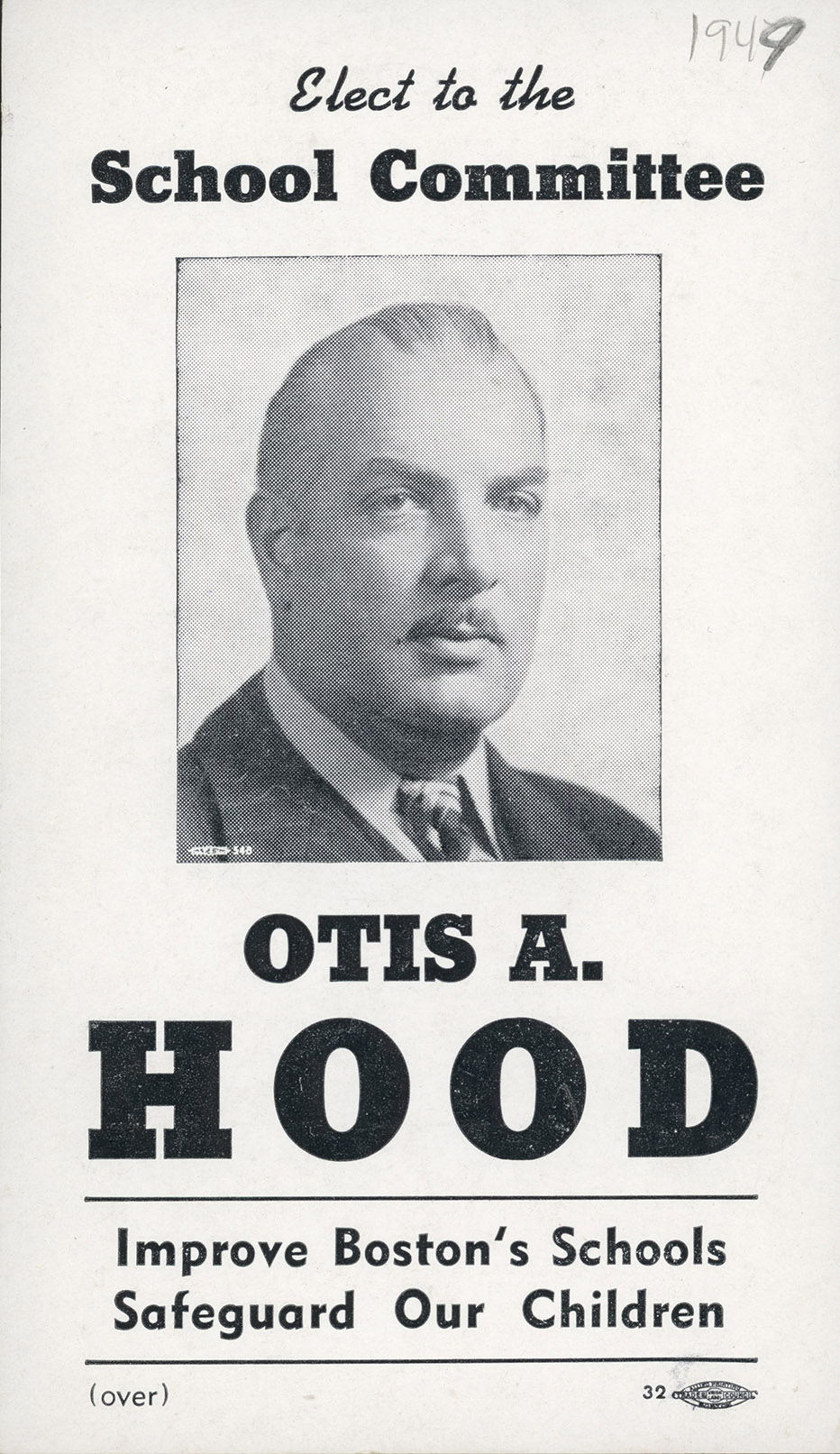Carlos Foth Papers
An East German Prosecutor General, Carlos Foth was a key player in the legal effort to investigate and punish Nazi war criminals. For two decades beginning as a law student in Berlin in 1947, Foth was part of a team dedicated to the prosecution of former Nazis, and he contributed to the creation of an antifascist internationalist system quite distinct from the weaker efforts in West Germany. Having assisted in high profile cases such as those stemming from the Koepenicker Blutwoche (the SA-led pogrom in Berlin in June 1933), Foth found himself at the center of investigations that highlighted the tensions between the East and West German systems. In a series of cases in the early 1960s, East German prosecutors uncovered former Nazis working in the West German judiciary, culminating in the 1963 “show trial” conviction in absentia of Hans Globke, National Security Advisor to West German Chancellor Konrad Adenauer, who had been the author of Nazi racial purity laws. As department head for international relations beginning in 1972, Foth was engaged in negotiations between the German legal systems and in 1979 he was invited to assist in the investigative phase of war crimes trials against the Khmer Rouge. He left office after reaching retirement age in 1988.
The Carlos Foth Papers offer important documentation of East German attempts to hold former Nazis accountable for war crimes and crimes against humanity and they provide insight into the operation of the East German legal system and its relations with the west. In addition to materials on prosecutions of SA Brownshirts involved in political violence during the Köpenicker Blutwoche, the collection includes files relating to prosecutions of West German officials accused of Nazi-era crimes and materials relating to Foth’s role as a consultant to the 1979 war crimes trials against the Khmer Rouge.




